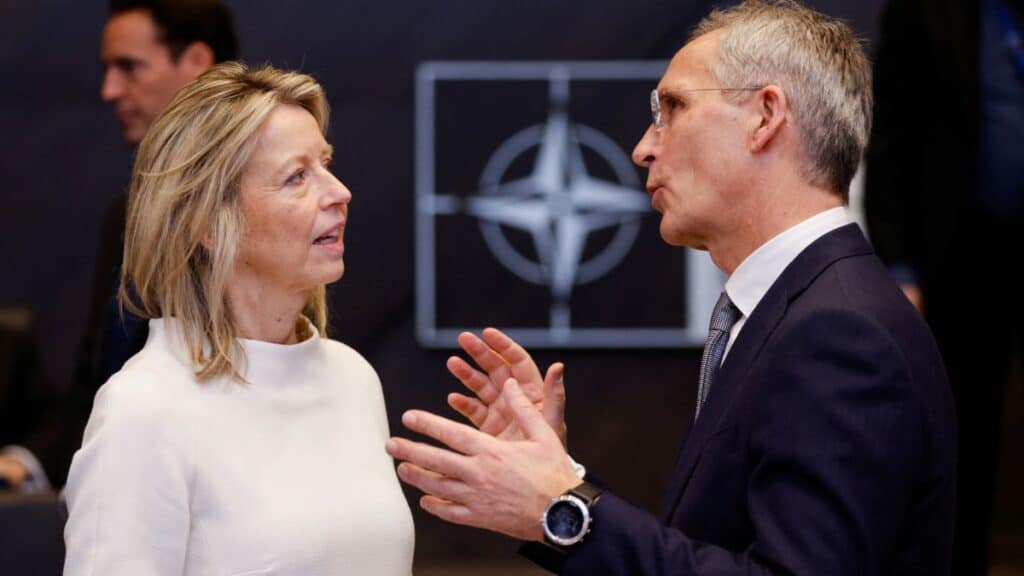Dutch Defense Minister Kajsa Ollongren has announced that the Netherlands government will not obstruct Ukraine from using F-16 fighter jets against Russian military positions. These jets are slated to be delivered to Ukraine’s armed forces after the summer, marking a significant escalation in the military support provided to Ukraine amid its ongoing conflict with Russia.
“We are applying the same principle we’ve used for other capabilities delivered to Ukraine: once we hand them over, they are theirs to use,” Ollongren stated. Netherlands requires Ukraine to utilize these military capabilities in compliance with international law and for self-defense, as outlined in the UN Charter. This stance highlights the Netherlands’ commitment to supporting Ukraine’s sovereignty and its right to defend itself against aggression.
When questioned about any potential restrictions on the use of Dutch-supplied weapons against Russian targets, Ollongren confirmed that there are none. She emphasized that Kyiv’s attacks must be aimed at military objectives and conducted in self-defense. “There is no veto on the use of our weapons against Russian capabilities,” Ollongren reiterated, underlining the Netherlands’ clear stance on the issue.
Context of military aid from Netherlands on Ukraine
Since Russia’s invasion of Ukraine in February 2022, Western powers have supplied Ukraine with numerous military aid packages, including artillery missiles, tanks, and some combat aircraft. These aid packages have been critical in bolstering Ukraine’s defense capabilities and have played a significant role in the ongoing conflict. As the war approaches its two-and-a-half-year mark, the debate has shifted to whether these countries will permit Ukraine to use the donated military equipment on Russian soil.
Moscow has issued warnings that such actions would imply the involvement of these states in the conflict, potentially escalating tensions further. Despite these warnings, the international community continues to grapple with the best approach to supporting Ukraine while managing the risks of broader conflict.
NATO’s position
NATO Secretary General Jens Stoltenberg recently called for lifting restrictions on Western arms, arguing that allowing Ukraine to strike Russia is essential for Kyiv’s defense. “Ukraine needs the means to defend itself, and that includes the ability to hit back at the sources of aggression,” Stoltenberg stated. However, this issue remains divisive among NATO allies, with some countries expressing concerns over the potential for escalation.
The decision by the Netherlands to supply F-16s and remove restrictions on their use against Russian targets marks a significant moment in the international response to the Ukraine conflict. It underscores the growing resolve among Western nations to support Ukraine more robustly while navigating the complex dynamics of international law and geopolitical strategy. As the situation continues to evolve, the international community watches closely, aware of the profound implications for global security and stability.
